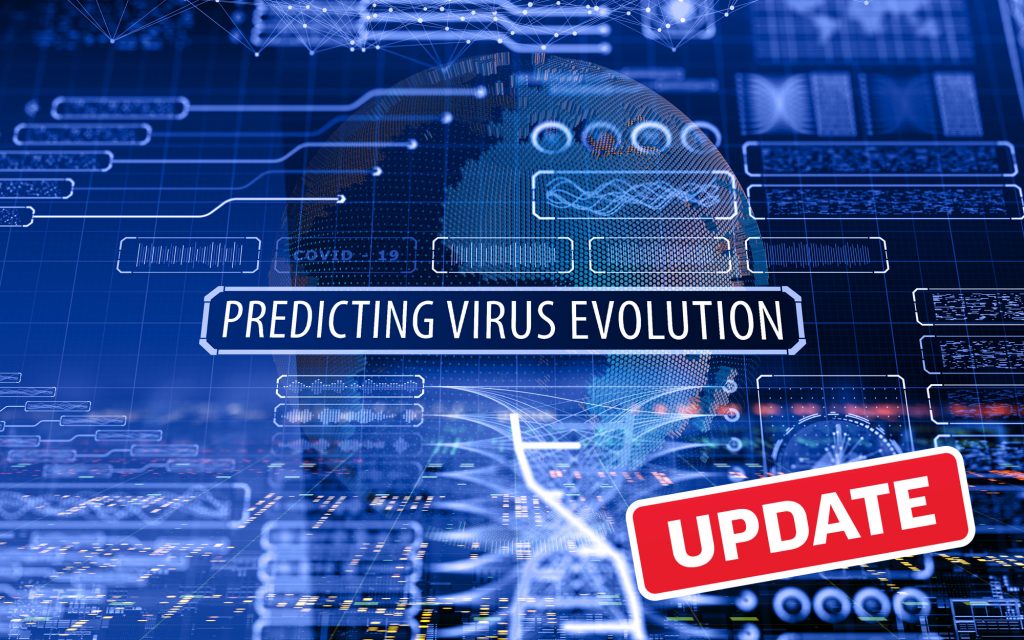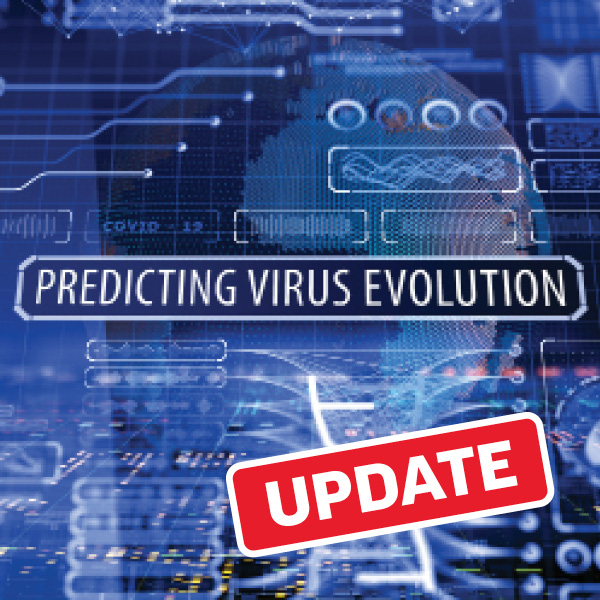
AUSTIN, TEXAS – May 18, 2021– The Intelligence Advanced Research Projects Activity (IARPA) has awarded a second phase contract extension to Signature Science, LLC to further the development of a laboratory-based model of viral evolution of pandemic viruses. Signature Science engineered non-replication competent SARS-CoV-2 vectors as proof-of-concept in the initial phase using their method, Rapid Attenuated Virus EvolutioN (RAVEN).
Signature Science will employ synthetic biology techniques common in the field of viral vectorology to continue to develop the model, shifting focus to the study of viral variants which are directly relevant to the current state of the COVID-19 pandemic. The objective is to deliver an accurate and safe laboratory alternative to in silico modeling which can be limited by a lack of empirical data. Data collected in this phase will support the identification of viral variants of concern that, when compared to current genetic and epidemiological data, may highlight problematic evolutionary trends before they occur in the human population.
“We are excited by the success of our proof-of-concept phase,” said Curt Hewitt, Ph.D., the project’s Principal Investigator. “This work brings us a step closer to demonstrating the use of a safe and effective tool for virological study and widespread risk estimation of potential pandemic threats.”
The Phase B award provides funding of $712,843 and extends the period of performance through September 2021. Work under the contract will be performed at Signature Science’s Center for Advanced Genomics facilities in Austin, TX.
About Signature Science, LLC: A subsidiary of the Southwest Research Institute, Signature Science, LLC is a scientific and technical consulting firm providing multi-disciplinary applied research, technology design and development, and scientific, technical and operational services to government and industry.
This research is based upon work supported in part by the Office of the Director of National Intelligence (ODNI), Intelligence Advanced Research Projects Activity (IARPA), via 2020-20082700001. The views and conclusions contained herein are those of the authors and should not be interpreted as necessarily representing the official policies, either expressed or implied, of ODNI, IARPA, or the U.S. Government. The U.S. Government is authorized to reproduce and distribute reprints for governmental purposes notwithstanding any copyright annotation therein.

